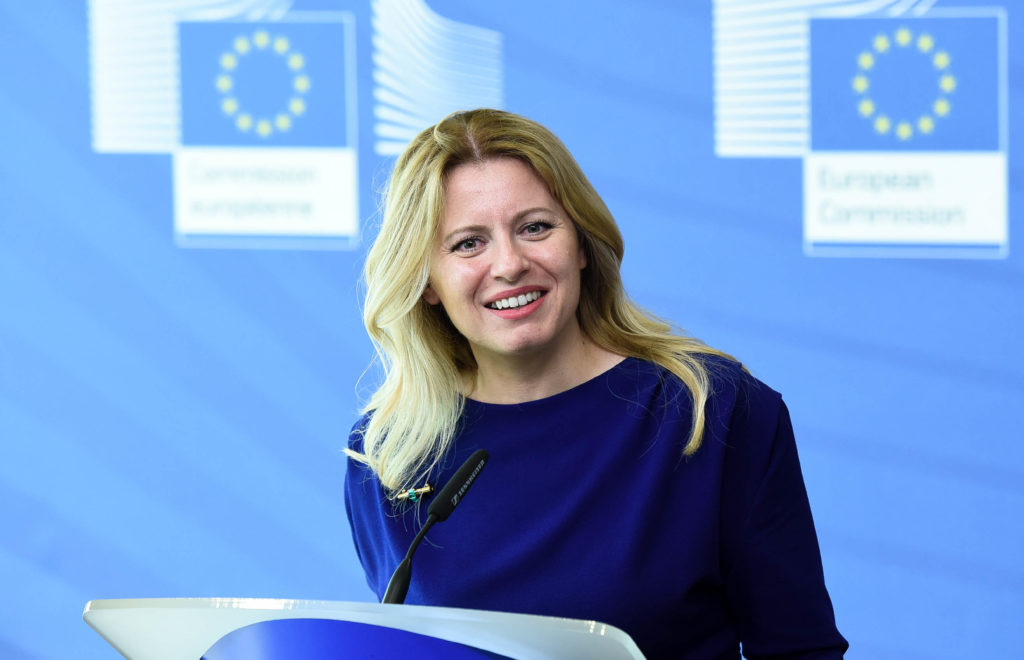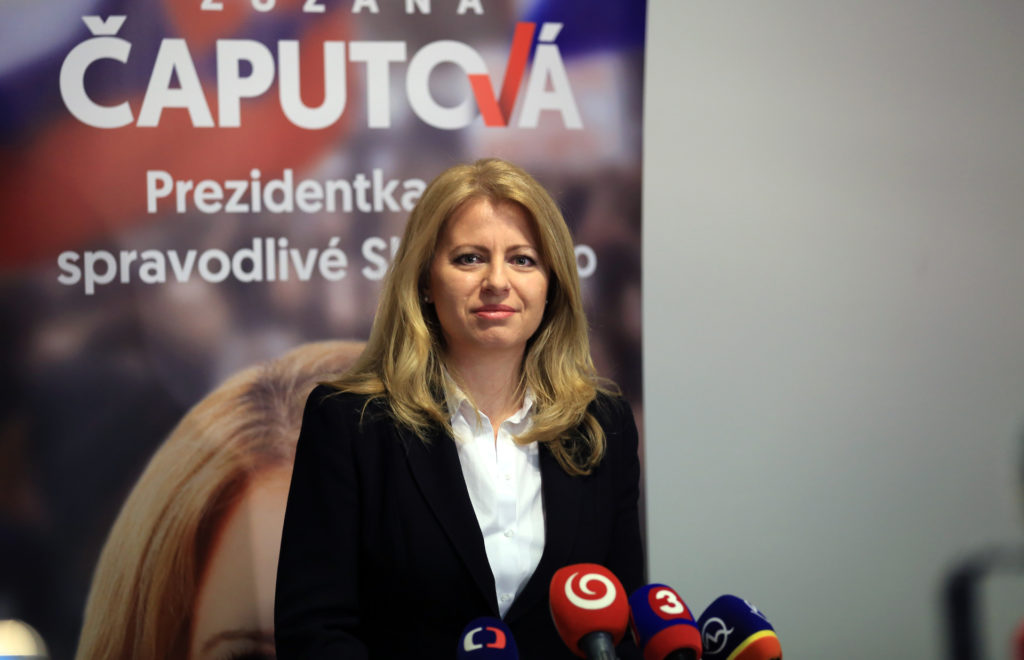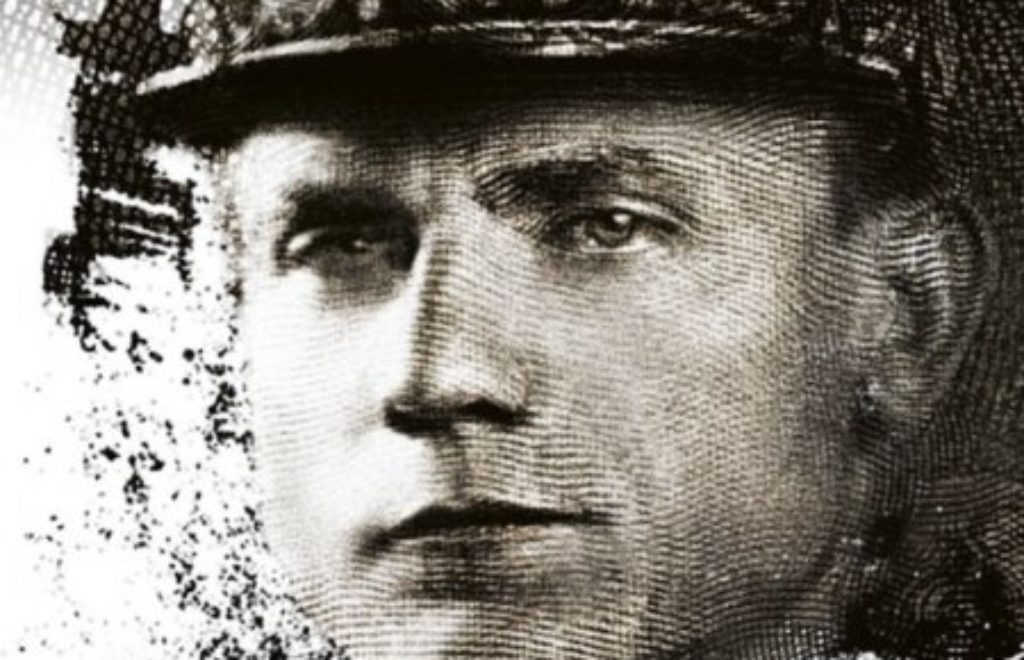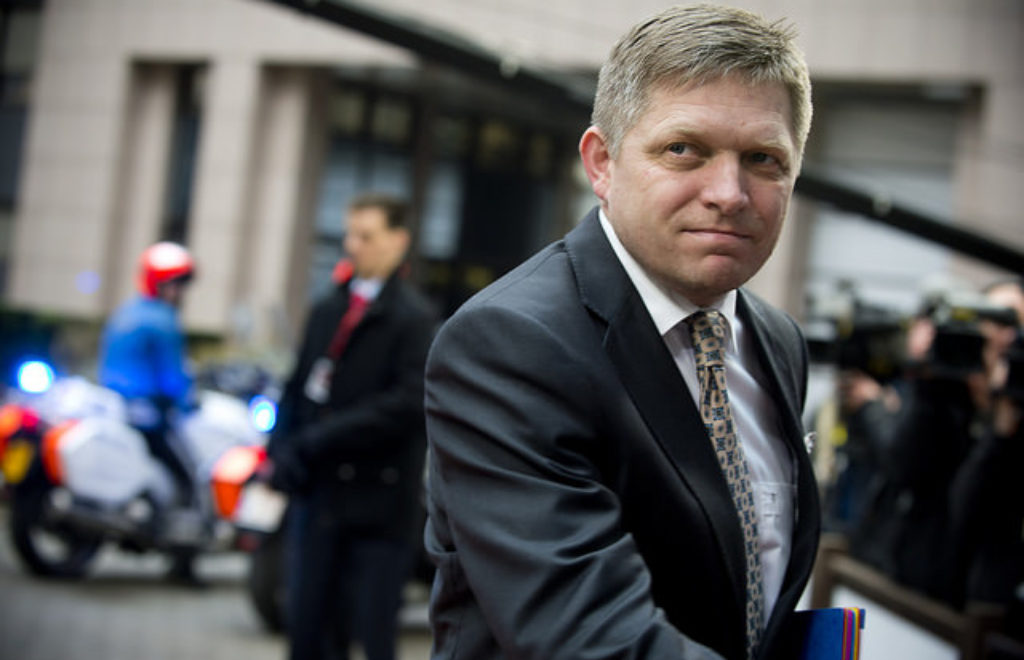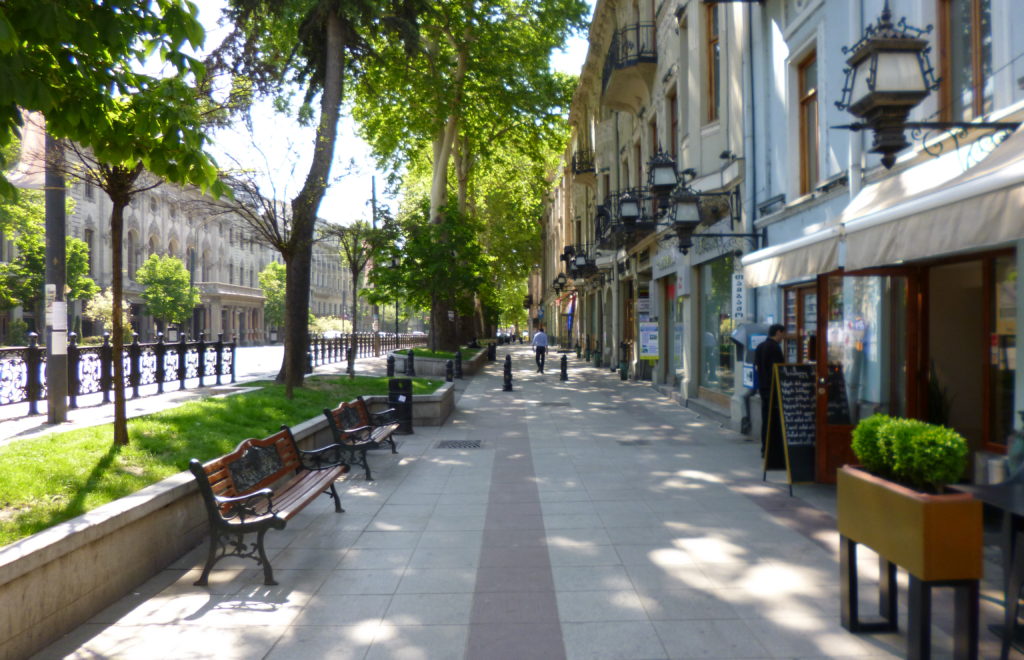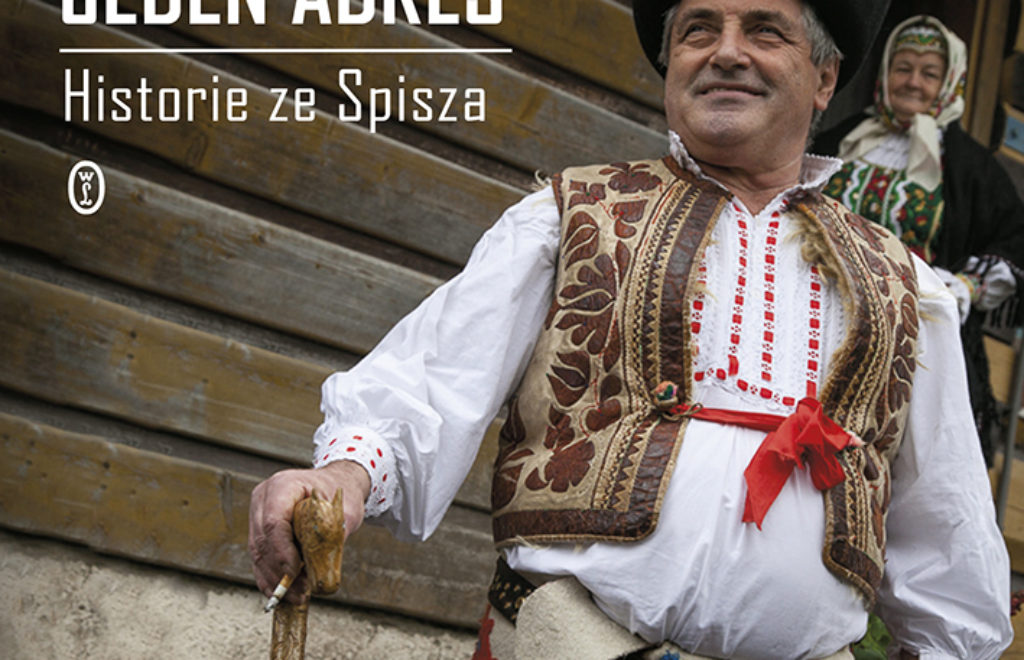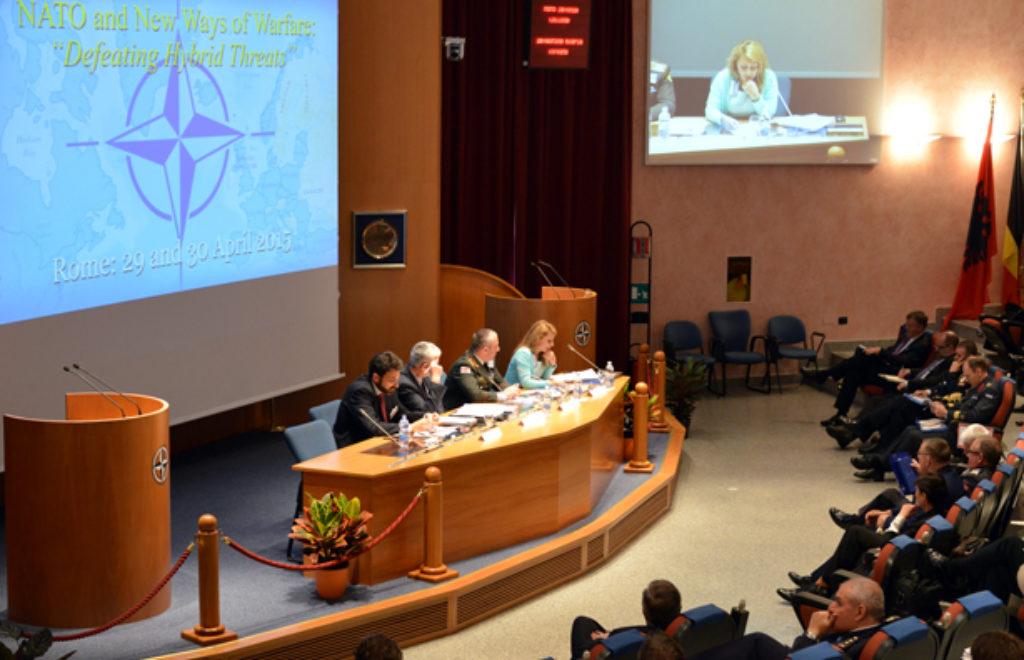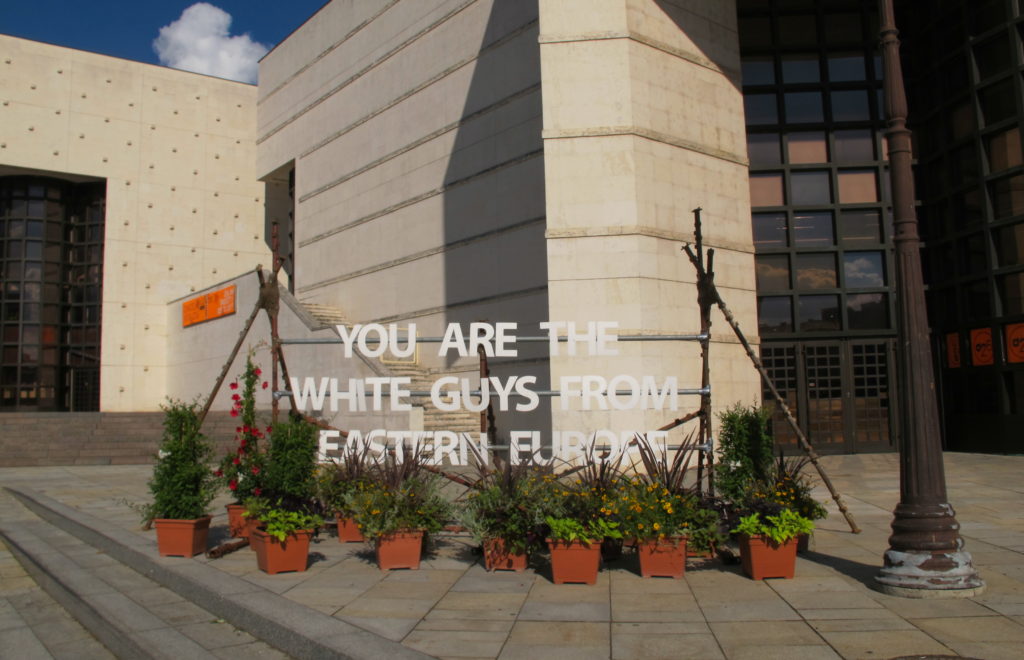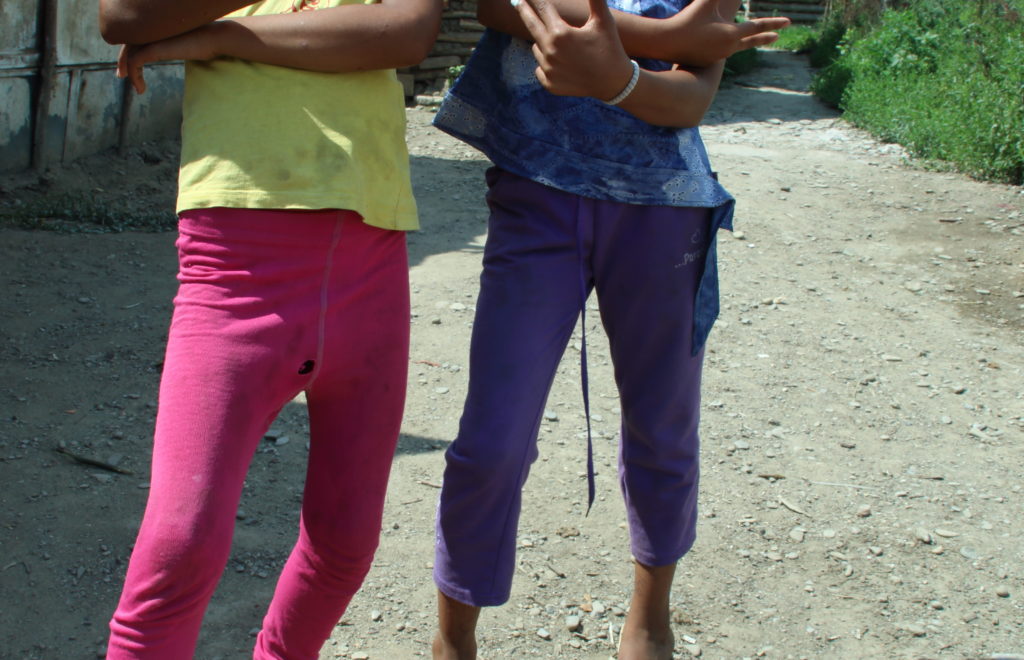Rimavská Sobota is a small town in the south of Slovakia, not far from the Hungarian border. Despite its size, it has seen a lot of changes and tragedies throughout the last 100 years. The story Ján Ľupták and his family woes may be one of the best illustrations of this town’s fate.
It all began with a duck. “Not quite,” Michal corrects me. “Negative emotions were mounting in the family for a while. The woebegone duck was like a snowball. It triggered an avalanche, which has been falling ever since”.
It certainly began in Rimavská Sobota, a small town in the south of Slovakia. In the Ľupták family everything begins in Rimavská. And usually ends there: births, funerals, and weddings, school, work and friends. Few are capable of leaving this place and never coming back. One teacher managed to leave. She ran a theatre group. When she fell into debt, she decided to pretend to be mentally ill in order to avoid repayment. She ran around the square in her pyjamas, singing out load and jumped up on monuments. The court sent her to a psychiatric ward for observation (yes, indeed, Rimavská has a psychiatric ward), but the doctors claimed she was faking it. She ran away to Prague and today she works in a shop and does not want to hear about Rimavská. But such stories are rare.
October 31, 2017 -
Dariusz Kałan


